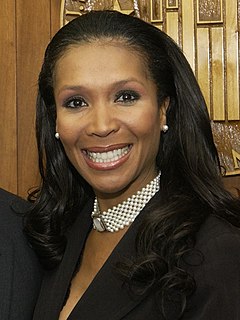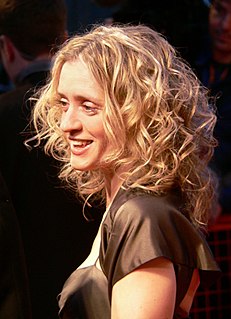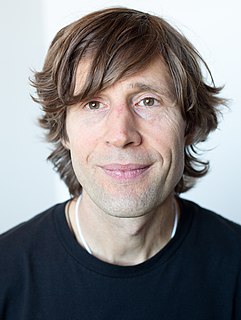A Quote by Octavio Paz
Little by little, not without astonishment, I rediscovered the great names of the eighteenth and nineteenth centuries, who had been the master thinkers of my grandfather and other Mexican liberals. They did no offer me a doctrine or a catechism: they were and they are a source, an inspiration.
Related Quotes
It's often said that the Democrats fight 'for the little guy.' That's true: liberals fight to make sure the little guy stays little! Think about it. What if all the little guys were to prosper and become big guys? Then what? Who would liberals pretend to fight for? If the bamboozlers fight for anything, it's to ensure that the little guy stays angry at those nasty conservatives who are holding him down.
The available worlds looked pretty grim. They had little to offer him because he had little to offer them. He had been extremely chastened to realize that although he originally came from a world which had cars and computers and ballet and Armagnac, he didn't, by himself, know how any of it worked. He couldn't do it. Left to his own devices he couldn't build a toaster. He could just about make a sandwich and that was it.
There they lived on, those New England people, farmer lives, father and grandfather and great-grandfather, on and on without noise, keeping up tradition, and expecting, beside fair weather and abundant harvests, we did not learn what. They were contented to live, since it was so contrived for them, and where their lines had fallen.
A catechism is simply a tool for teaching the fundamentals of the faith. Unlike a creed or confession, a catechism uses questions and answers. Many Protestant confessional traditions, like Lutherans, Presbyterians, and Reformed, have used catechisms for centuries. Initially, most catechisms were intended for children.
As a kid, I grew up on a farm in Florida, and I did what most little kids do. I played a little baseball, did a few other things like that, but I always had the sense of being an outsider, and it wasn't until I saw pictures in the magazines that a couple other guys skate, I thought, 'Wow, that's for me,' you know?
In the nineteenth century some parts of the world were unexplored, but there was almost no restriction on travel.:; Up to 1914 you did not need a passport for any country except Russia.:; The European emigrant, if he could scrape together a few pounds for the passage, simply set sail for America or Australia, and when he got there no questions were asked.:; In the eighteenth century it had been quite normal and safe to travel in a country with which your own country was at war.
After my grandfather died I went down to the basement of my family house where my family kept books, anthologies and things and there was an anthology without any names attached to it and I read a poem called Spellbound and I somehow attached it to my grandfather's death and I thought my grandfather had written it.
Kepler's discovery would not have been possible without the doctrine of conics. Now contemporaries of Kepler-such penetrating minds as Descartes and Pascal-were abandoning the study of geometry ... because they said it was so UTTERLY USELESS. There was the future of the human race almost trembling in the balance; for had not the geometry of conic sections already been worked out in large measure, and had their opinion that only sciences apparently useful ought to be pursued, the nineteenth century would have had none of those characters which distinguish it from the ancien régime.
From the little reading I had done I had observed that the men who were most in life, who were molding life, who were life itself, ate little, slept little, owned little or nothing. They had no illusions about duty, or the perpetuation of their kith and kin, or the preservation of the State. They were interested in truth and in truth alone. They recognized only one kind of activity - creation.
I feel like [throughout] my entire career and life, that I've been judged by people who really did not know me. But I definitely think that they probably were right to assume what they had assumed about me, because there was so little to go on out there. If you only see videos of me being crazy and hearing little things here and there, then obviously you're not going to have any idea who I really am.







































